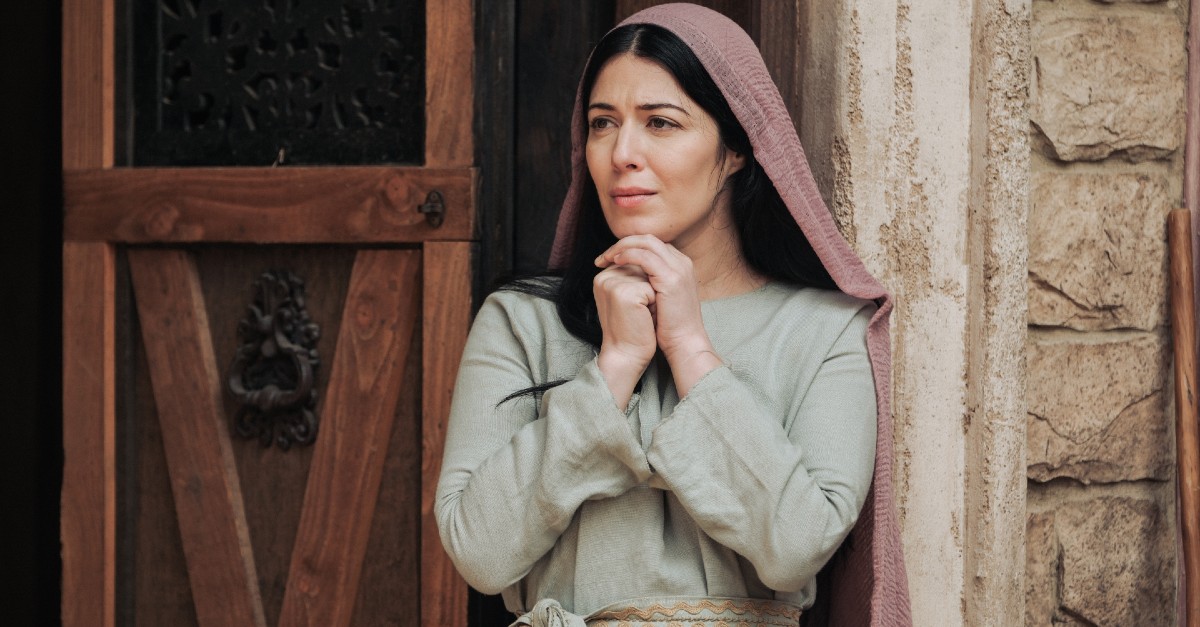#MuslimGirlRamadanBookClub Day Two: Juz Two Takeaways
Al-Baqarah builds on the foundations set in Al-Fatiha. The #MuslimGirlRamadanBookClub today taps into Juz two to tackle some of these foundations in detail.

Al-Baqarah is the subsequent Juz in the Holy Quran and further explores the themes and foundations expressed in Al-Fatiha. During our second day of the #MuslimGirlRamadanBookClub, we tap into Juz two to tackle a variety of key Islamic beliefs such as God’s powers and abilities, especially with regard to creation and resurrection, qualities of the believers versus the disbelievers, opposing Satan, prayer, jihad, fasting, pilgrimage, zakat (charity and donations), financial matters, as well as marital relationships, the Day of Judgment, and many more.
The title of this Juz comes from the story of the cow which refers to an argument between Moses and the Israelites over a cow they should sacrifice in order to make known the murder of a man.
The story serves the purpose of showcasing Allah SWT’s power as He is able to easily bring the dead back to life despite the nonbelievers who refuse to abide Him. Al-Baqarah is the longest Juz in the entire Quran which makes sense given that it outlines significant guidance on Islamic living and worship of Allah SWT.
Here are my main takeaways from Juz two, Al-Baqarah.
Believers vs. nonbelievers
Qualities of believers include that the Quran is the one and only book of Allah SWT and it is a guide to those who are “mindful of God” and have blind faith in Him; those who practice prayer and participate in donating; belief in the revelations of Allah SWT to the Prophet Muhammad PBUH; and belief in the Hereafter. Allah SWT also talks directly to believers to communicate His messages to them:
O believers! Seek comfort in patience and prayer. God is truly with those who are patient.
— Quran (2:153)
The concept of sabr is highly regarded in Islam and this line depicts the relationship most Muslims feel towards Allah SWT. Faith in this religion and in Allah SWT provides a sense of comfort and reassurance that cannot compete against anything else. It is beautiful, sacred, and unique. There is no compulsion in religion and Allah SWT provides free will. He provides the truth through the Quran and if individuals accept Islam and attempt to seek guidance in keeping on the straight path, they are the believers.
Qualities of the disbelievers include those who engage in the disbelief of Allah SWT’s existence and power regardless of providing guidance and evidence. It is said that God has sealed their hearts, eyes, and ears for turning away from Islam and from Allah SWT. Allah tells us in this Juz how to deal with nonbelievers who trespass their limits.
Fight against them if they persecute you until there is no more persecution, and your devotion will be to God alone. If they stop persecuting you, let there be no hostility except against the aggressors.
— Quran (2:193)
This line makes me think about Palestine and the atrocity that has been occurring in Gaza for the past few decades and especially since last October. This ayah supports resistance against oppression and showcases why so many Muslims show up for activist causes. Protests for Palestinian liberation have been a prime example of how Muslims resist in today’s age.
Worship and devotion
The concept of Ramadan is introduced as it is the month in which the Quran was revealed to Prophet Muhammad PBUH and it is supposed to be a time of guidance and gratitude.
Allah SWT tells us in this juz that His omniscience and accessibility is to ensure guidance is always encouraged for Muslims to seek. Rewards will be provided for those who believe and do good as Allah SWT has promised them success in doing so.
When you have fulfilled your sacred rites, praise God as you used to praise your forefathers before Islam, or even more passionately. There are some who say, “Our Lord! Grant us your bounties in this world,” but they will have no share in the Hereafter. Yet there are others who say, “Our Lord! Grant us the good of this world and the Hereafter, and protect us from the torment of the Fire.
— Quran (2:200-201)
These lines showcase how Muslims make dua and request for Allah SWT’s blessings regarding the world they’re in as well as the afterlife. It expresses that Muslims acknowledge there is a Hereafter and want the test of life to be easier as well. After all, life is a test. It is designed to appeal to the disbelievers and provide discomfort to the believers as it is not their final destination, the Hereafter is. The Day of Judgment will determine all.
Al-Baqarah ends with a prayer for grace in which Muslims call out to their Creator for forgiveness, for mercy, for guidance, and for comfort. It encapsulates the essence of what the relationship between Allah SWT and His creations should be like.
What about you? What is it that you feel speaks to you in Juz two? Let us know on social media platforms.
What's Your Reaction?








![A Ramadan Quran Journal: A MuslimMatters Series – [Juz 2] “I Am Near”](https://codetechies.com/assets/img/bg_slider.png)
![A Ramadan Quran Journal: A MuslimMatters Series – [Juz 2] “I Am Near”](https://m2w4k5m5.stackpathcdn.com/wp-content/uploads/Ramadan-series-1-1-1.png)












![Canva Tutorial For Beginners | How to Use Canva Like PRO [FREE] | Canva Full Course](https://img.youtube.com/vi/yWJp7gQqCQ8/maxresdefault.jpg)
